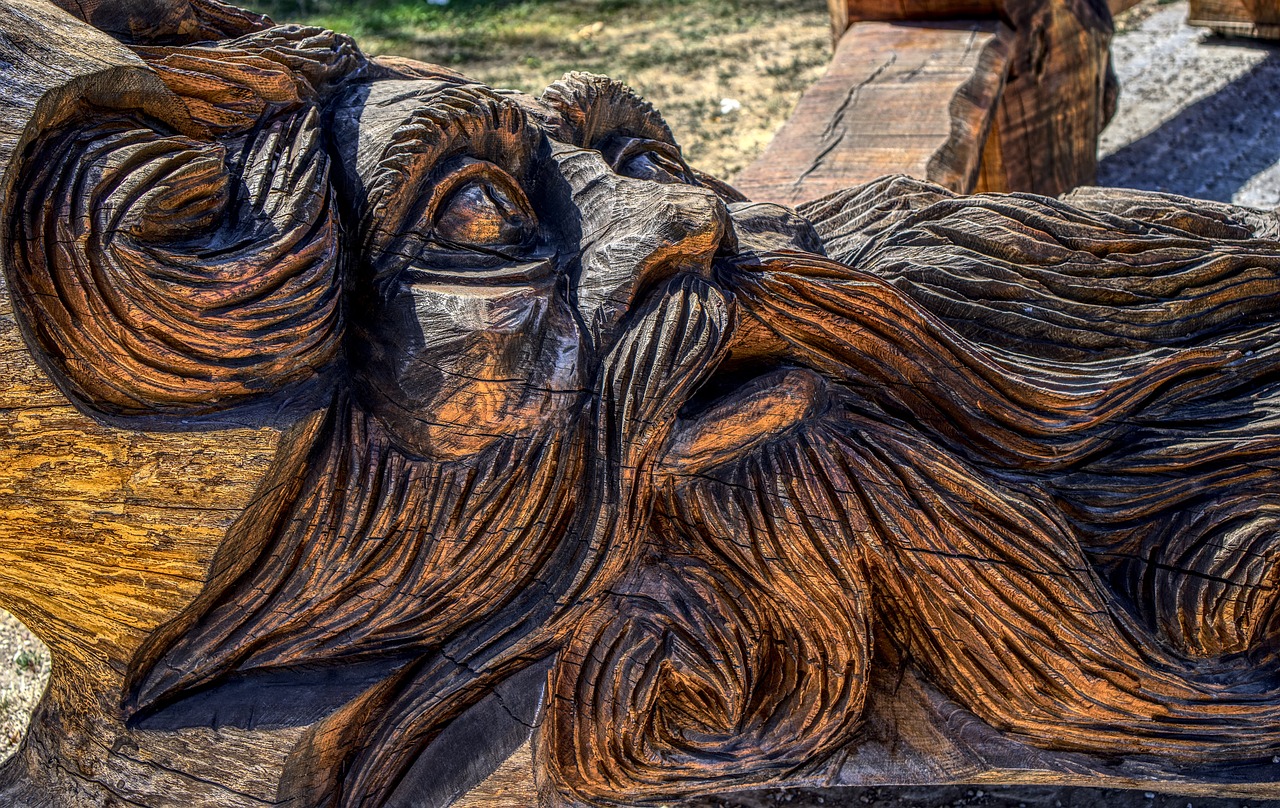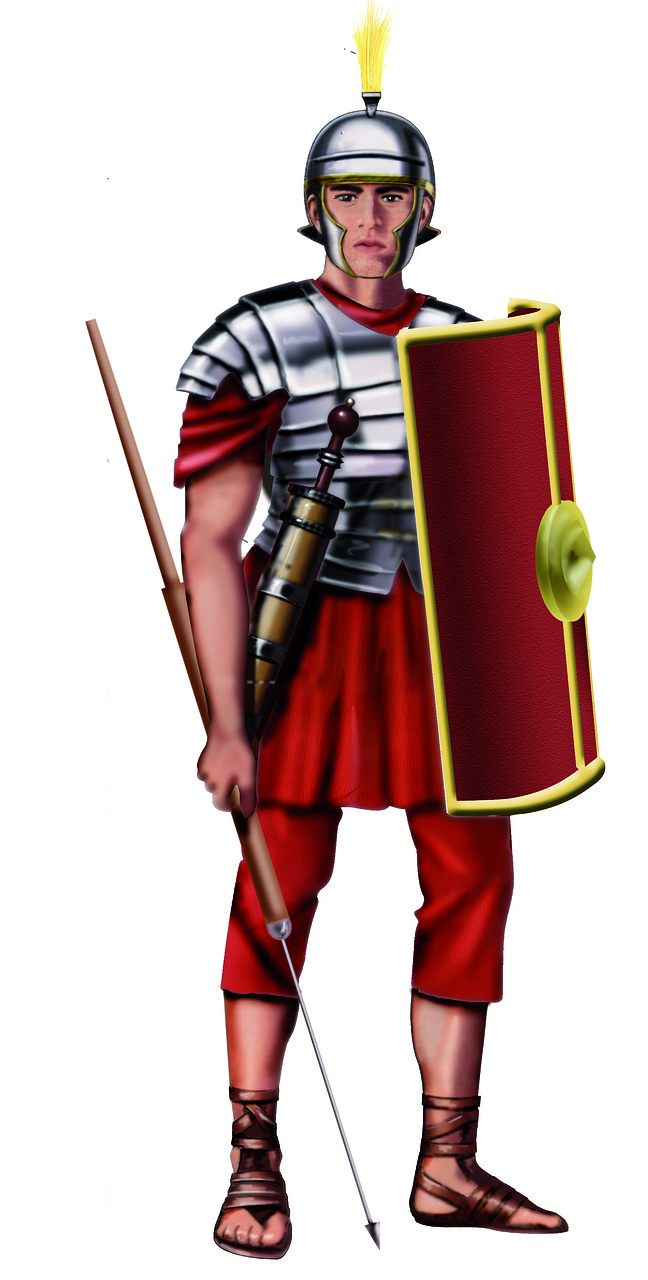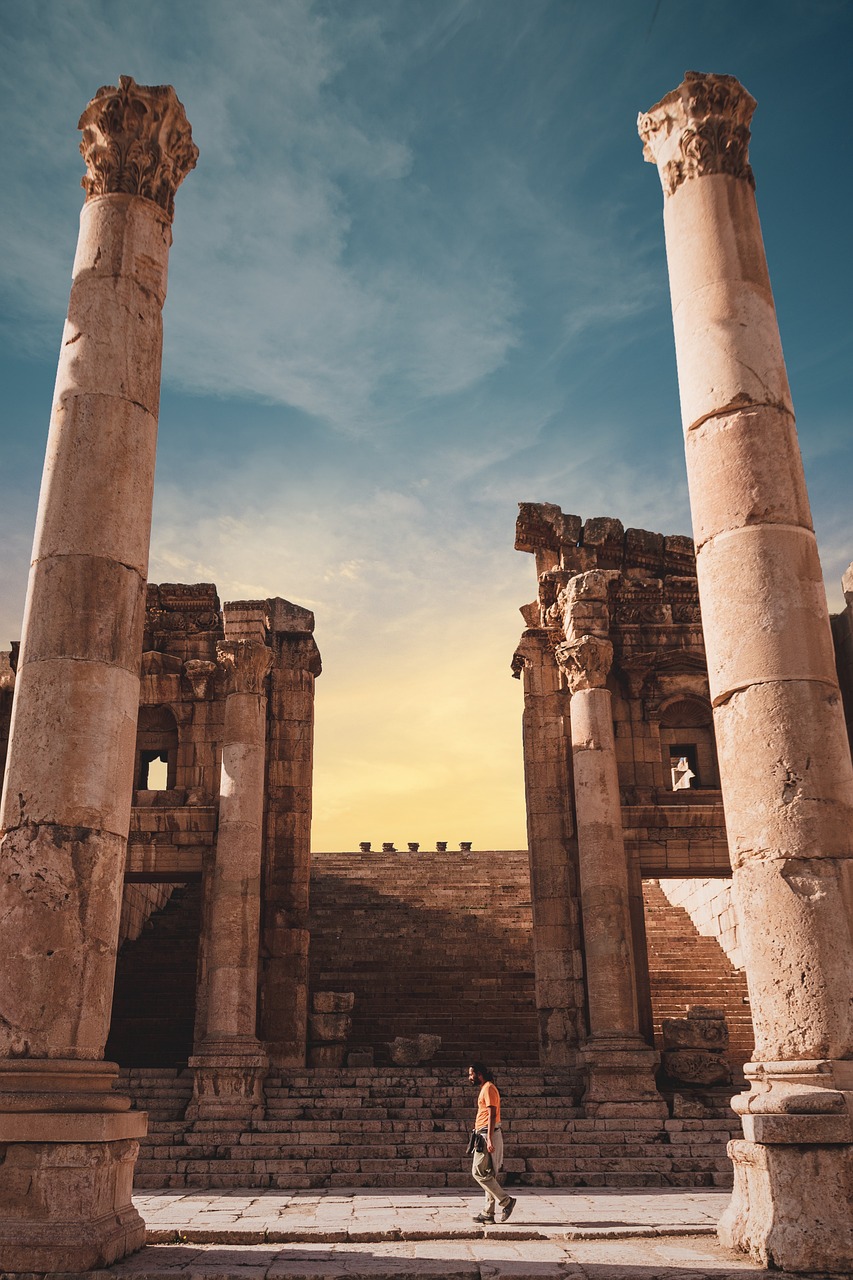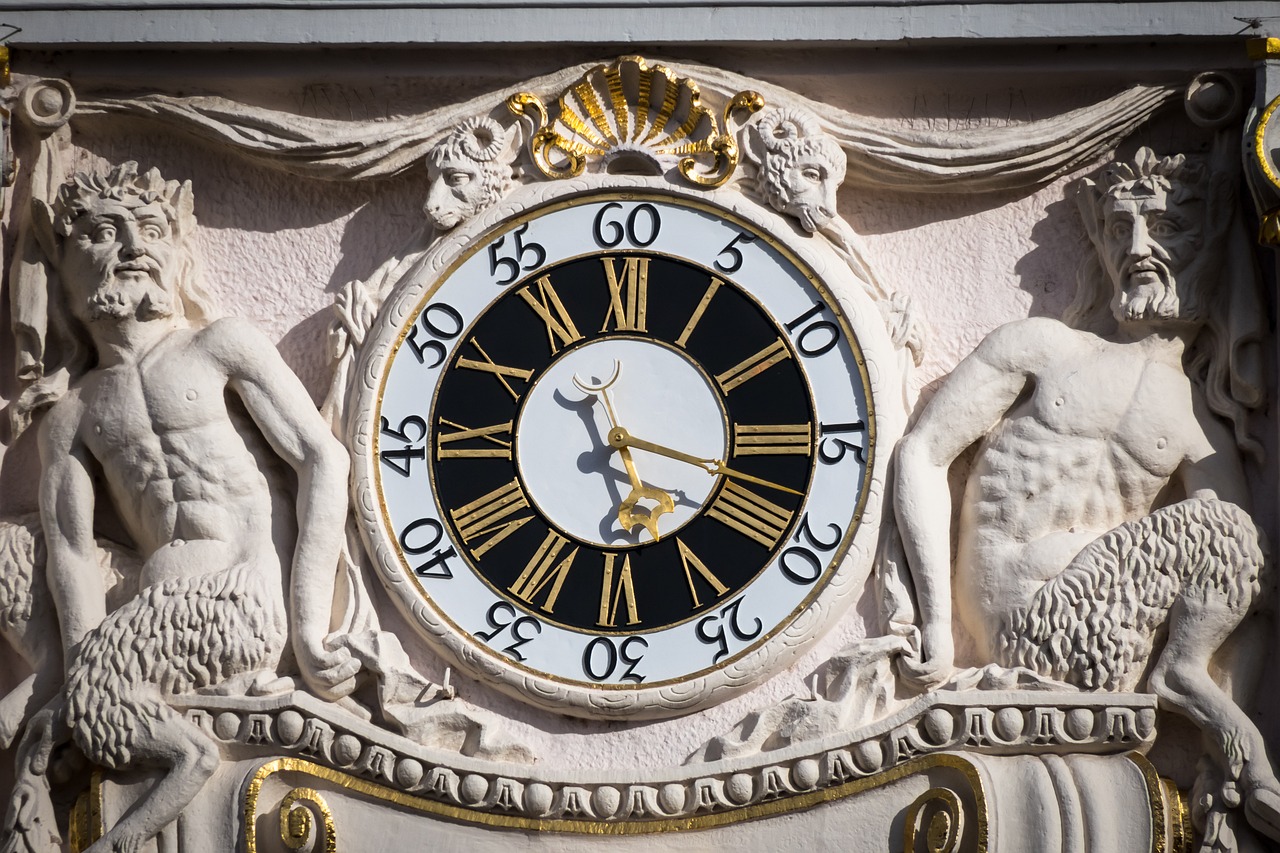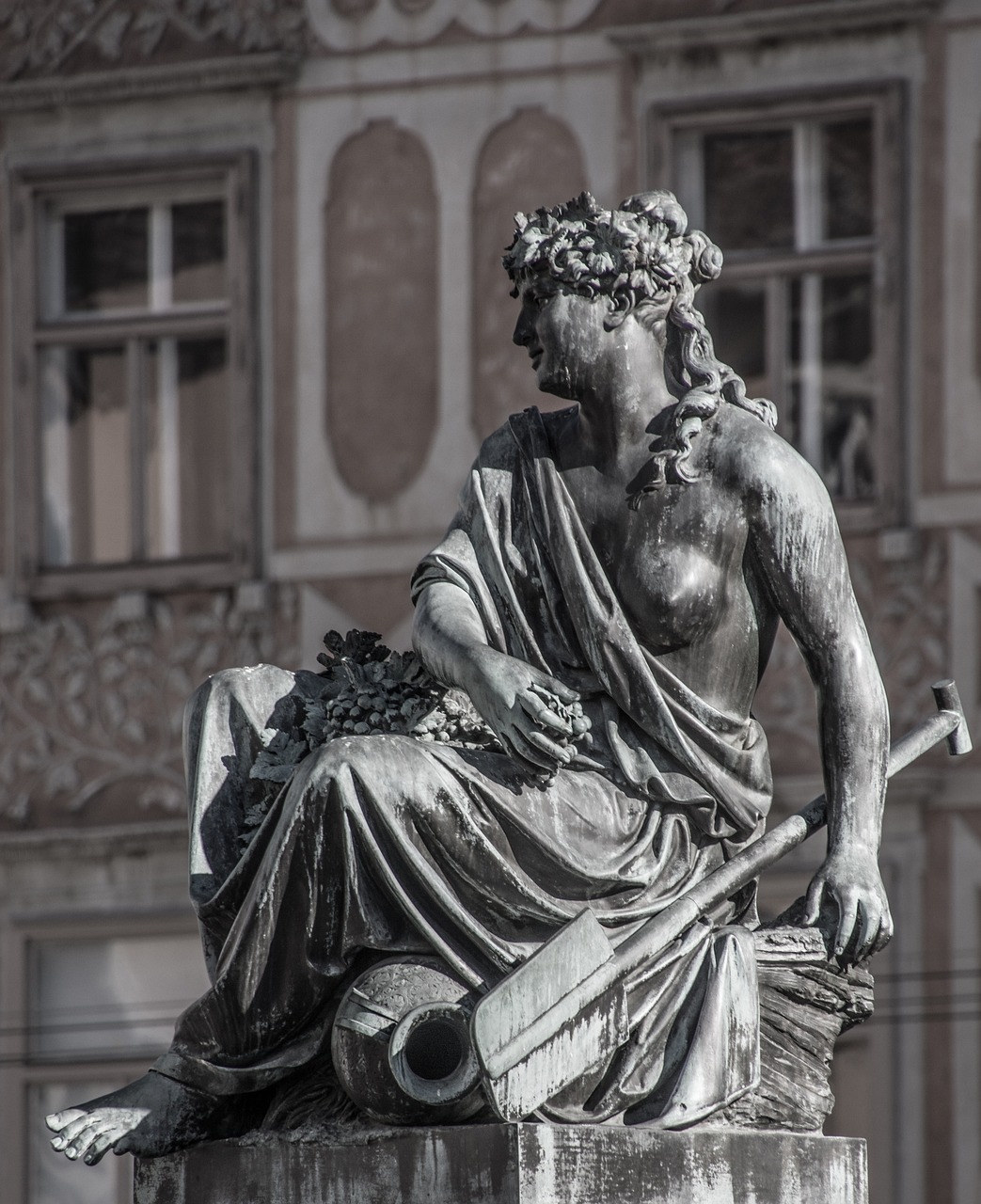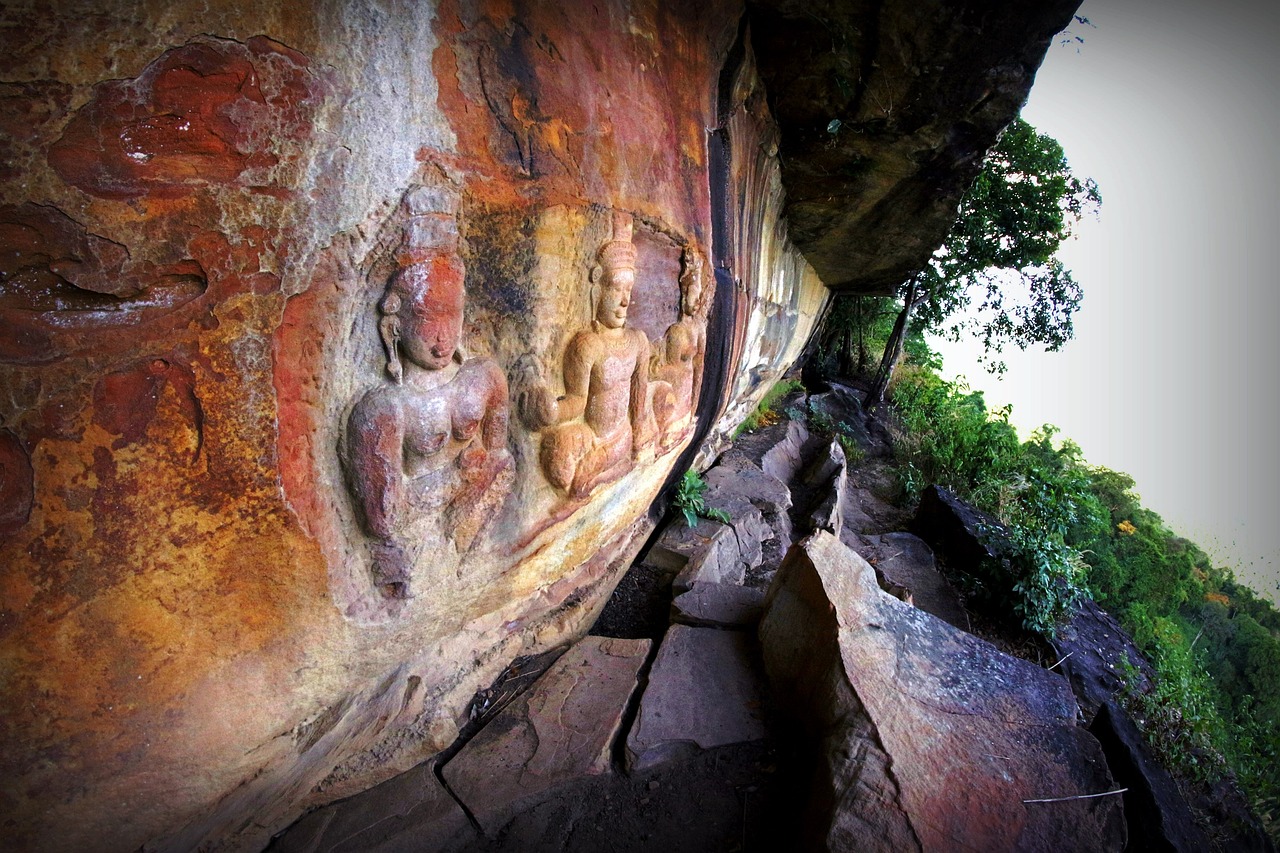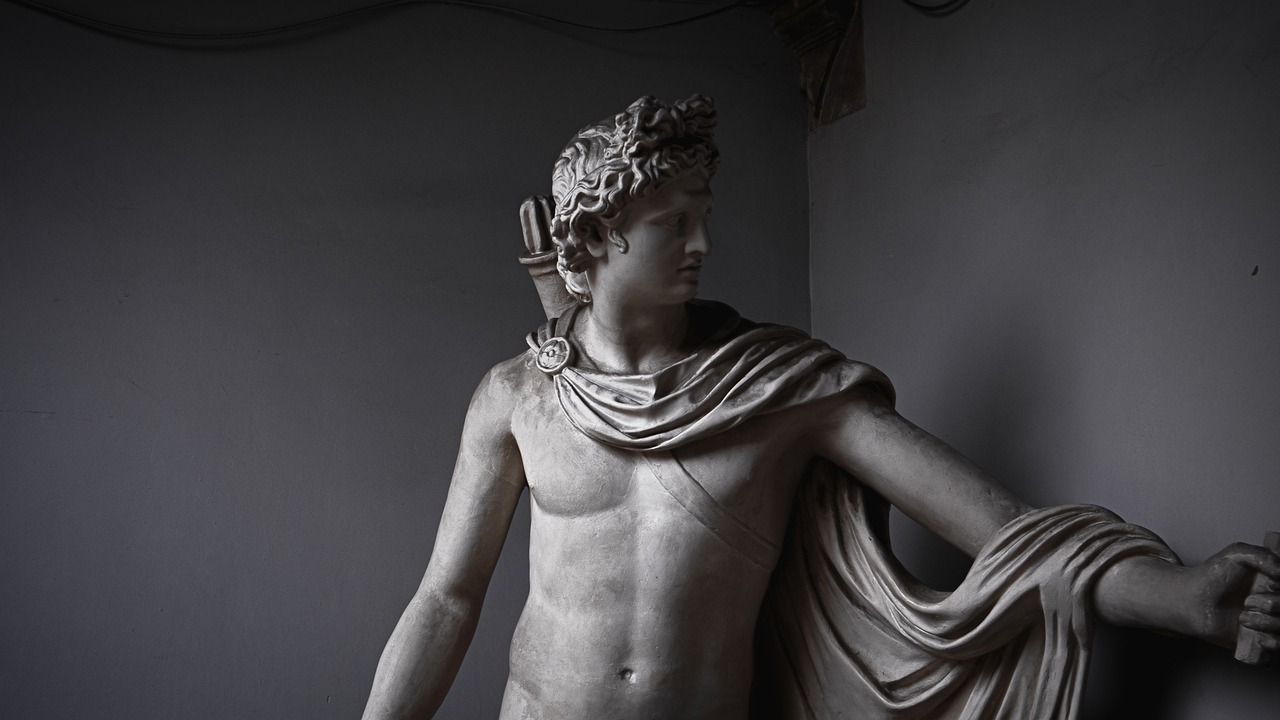Tag: Roman mythology
-
Neptune, a prominent figure in Roman mythology, was revered as the deity of the sea, freshwater, earthquakes, and horses. He parallels the Greek god Poseidon and played a vital part in the religious practices of the Roman populace. Often illustrated as an older man with a beard, Neptune is typically seen wielding a trident, his…
-
Faunus, regarded as the Roman deity of nature, has fascinating origins in ancient lore. Initially, he served as the king of Latium, a region situated in the heart of Italy, where the city of Rome later emerged. Under his reign, Faunus was celebrated as a skilled hunter, a proficient farmer, and a distinguished cattle breeder.…
-
Vulcan: God of Fire and Craftsmanship in Roman Mythology In the realm of ancient Roman belief, Vulcan (Latin: Vulcanus) stands as the divine figure presiding over both constructive and destructive fire, which encompasses the fiery wrath of volcanoes. A master artisan, he was venerated for his skill in crafting arms, ironware, and armor, serving deities…
-
Juno: The Unique Roman Goddess Juno was revered as the Roman goddess responsible for safeguarding the nation, while simultaneously offering protection over the myriad aspects of women’s lives. Often likened to Hera, her Greek counterpart associated with love and marriage, Juno was both the wife and sister to Jupiter, the chief deity of Roman mythology.…
-
Faunus: The Roman Deity of Fertility and Nature Faunus stands as a significant figure in Roman mythology, embodying concepts of fertility, the wilderness, and the pastoral lifestyle. Revered by those who depended on the land, Faunus is recognized as a protector of animals and an overseer of agricultural bounty. His influence is manifold, as he…
-
An Exploration of Minerva: The Roman Goddess of Wisdom and Craftsmanship Overview Minerva stands as one of the most esteemed deities in Roman mythology, representing wisdom, intelligence, craftsmanship, art, and inspiration. She observed the world from her celestial abode, embodying the traits of foresight and strategic thinking. Over time, Minerva evolved to also symbolize military…
-
Mors: The Roman Personification of Death Mors stands as an embodiment of darkness and misery in Roman mythology, representing death’s inevitable march. As a second-generation primordial goddess, she is often regarded synonymously with Thanatos, reflecting her nature through the duality of existence. Overview Mors is the Roman equivalent of death, born of Nox, the goddess…
-
Overview of Vulcan: The Roman God of Fire and Forge Vulcan, renowned as the Roman deity of fire and the forge, serves as the patron to artisans and smiths. Distinctively known as the most unattractive among the gods, Vulcan also bore a significant injury from his childhood, resulting in a limp in one leg. Although…
-
Roman religion, also referred to as Roman mythology, encompasses the beliefs and practices of people on the Italian peninsula from ancient times up until the rise of Christianity in the 4th century CE, a period often known as Classical Antiquity. Nature and Significance Cicero, a prominent orator and politician, posited that Romans excelled in a…
-
In the realm of ancient Roman mythology, Pluto is recognized as the deity governing the Underworld, where souls transit after their earthly existence. Known alternatively as Dis Pater or Orcus, he is often compared to his Greek counterpart, Hades, sharing similar domains yet differing in personas and characteristics. As a sibling to deities such as…

